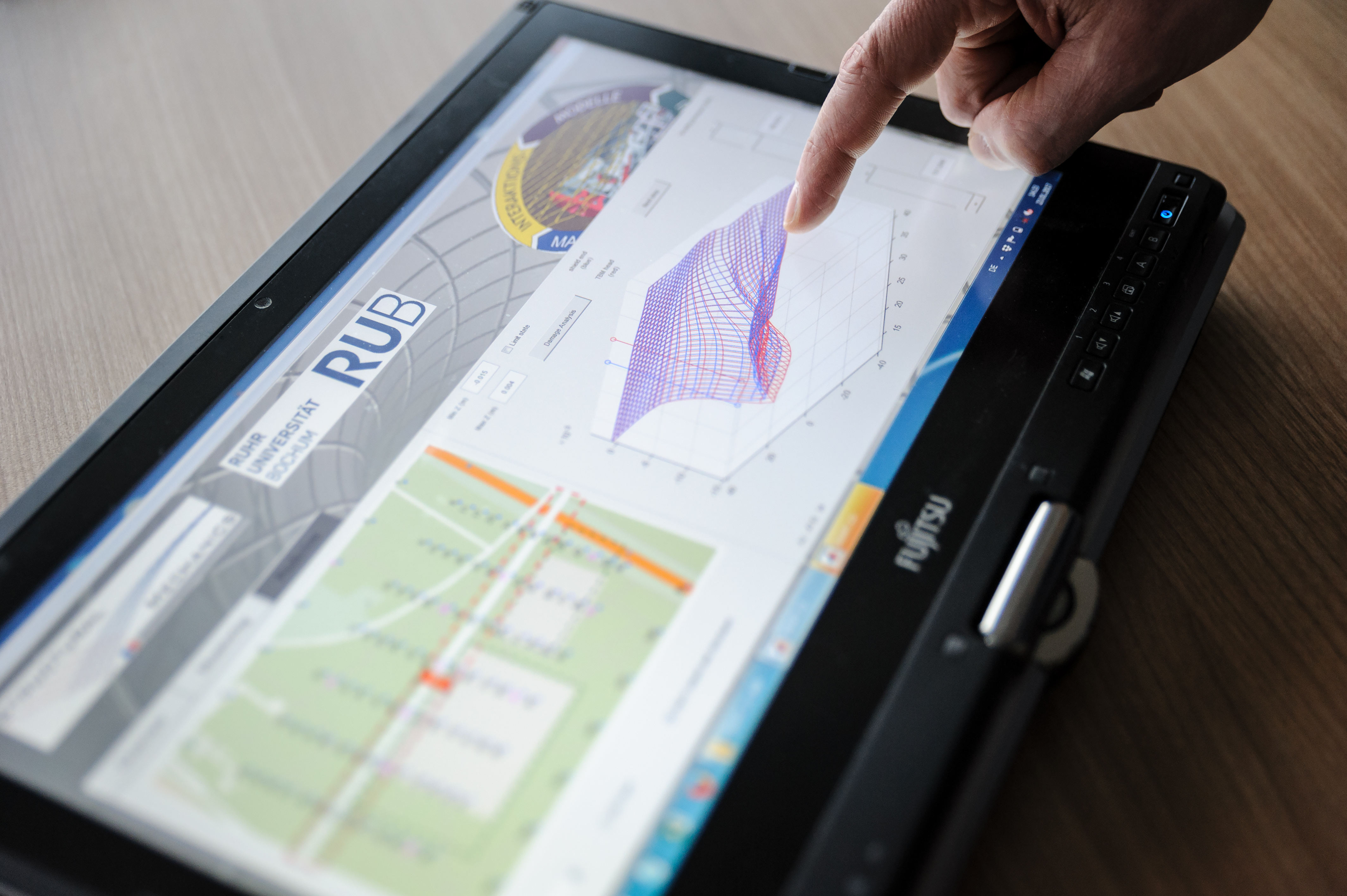
The Research Group on „Structural Intelligence and Reliability“ is working on numerical simulation approaches of structures and processes under consideration of uncertainty. In addition to stochastic approaches, polymorphic uncertainty models are investigated to combine aleatory and epistemic uncertainty. For simulation based reliability predictions of complex structures and processes, model reduction techniques are developed especially based an Artificial Neural Networks and the Proper Orthogonal Decomposition. The Research Group is also working on optimization approaches for robust and durable reinforced concrete and fiber reinforced concrete structures.
 Reliability-based structural performance assessment considering polymorphic un-certainties of reused concrete elements
Reliability-based structural performance assessment considering polymorphic un-certainties of reused concrete elements
Subproject A05 of the DFG Collaborative Research Center 1683 "Interaction Methods for the Modular Reuse of Existing Load-Bearing Structures"
SFB 1683 - Subproject A05
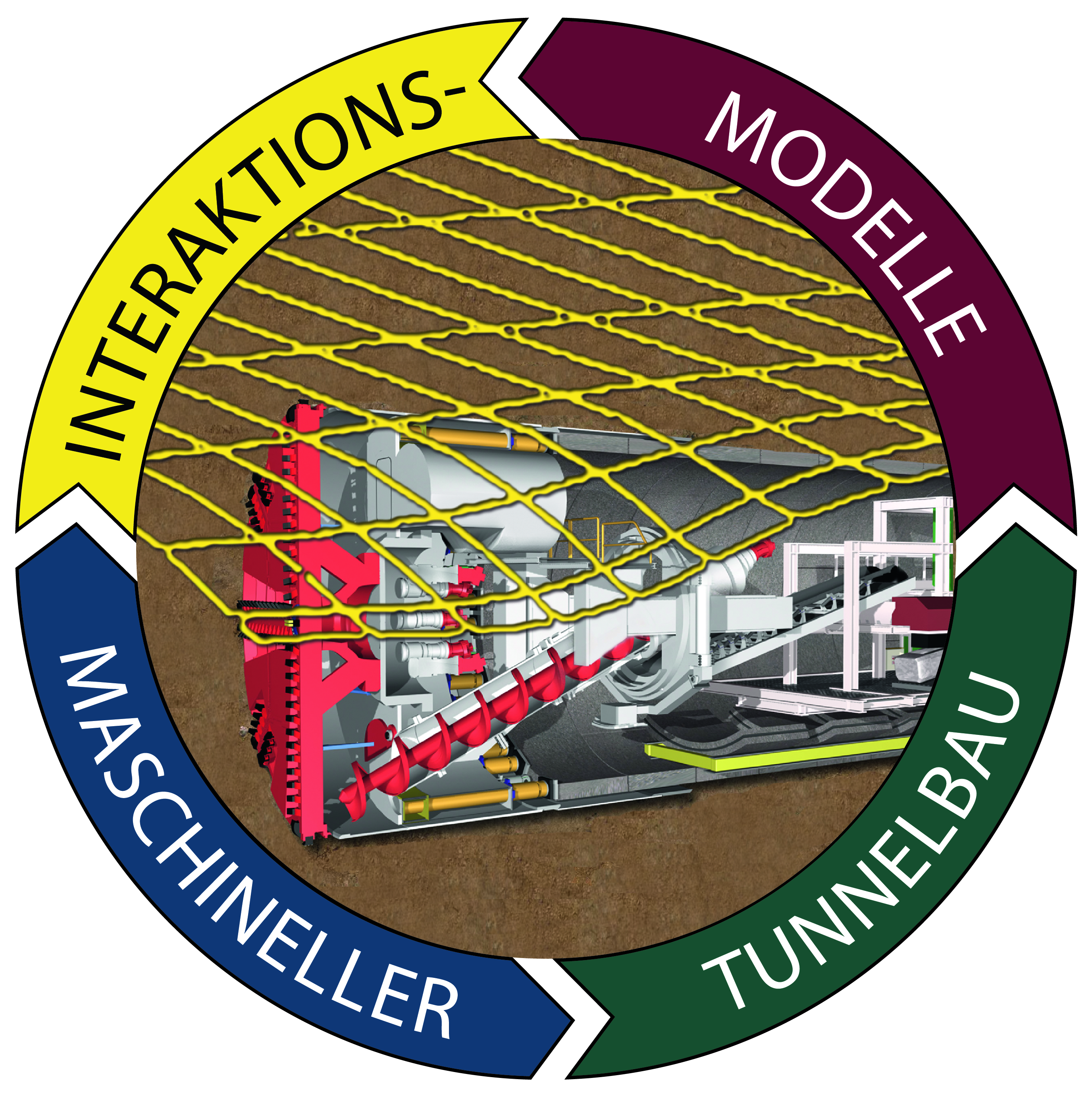 Process-Oriented Simulation Models for Mechanized Tunneling (finished)
Process-Oriented Simulation Models for Mechanized Tunneling (finished)
Subproject C1 of the DFG Collaborative Research Center 837 „Interaction Modeling in Mechanized Tunneling“
SFB 837 - Subproject C1
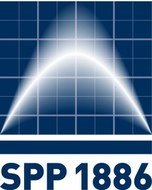 Optimization Approaches for Robust and Durable Reinforced Concrete and Fibre Concrete Structures under Consideration of Scale Bridging Polymorphic Uncertainty Modelling (finished)
Optimization Approaches for Robust and Durable Reinforced Concrete and Fibre Concrete Structures under Consideration of Scale Bridging Polymorphic Uncertainty Modelling (finished)
Subproject 6 of the DFG Priority Program 1886 „Polymorphic Uncertainty Modelling for the Numerical Design of Structures“
SPP 1886 - Subproject 6
 Fusion of Machine Learning and Numerical Simulation for Real-Time Steering in Mechanized Tunneling (finished)
Fusion of Machine Learning and Numerical Simulation for Real-Time Steering in Mechanized Tunneling (finished)
MERCUR-Project (in cooperation with the Chair of Artificial Intelligence at TU Dortmund)
MERCUR-Project
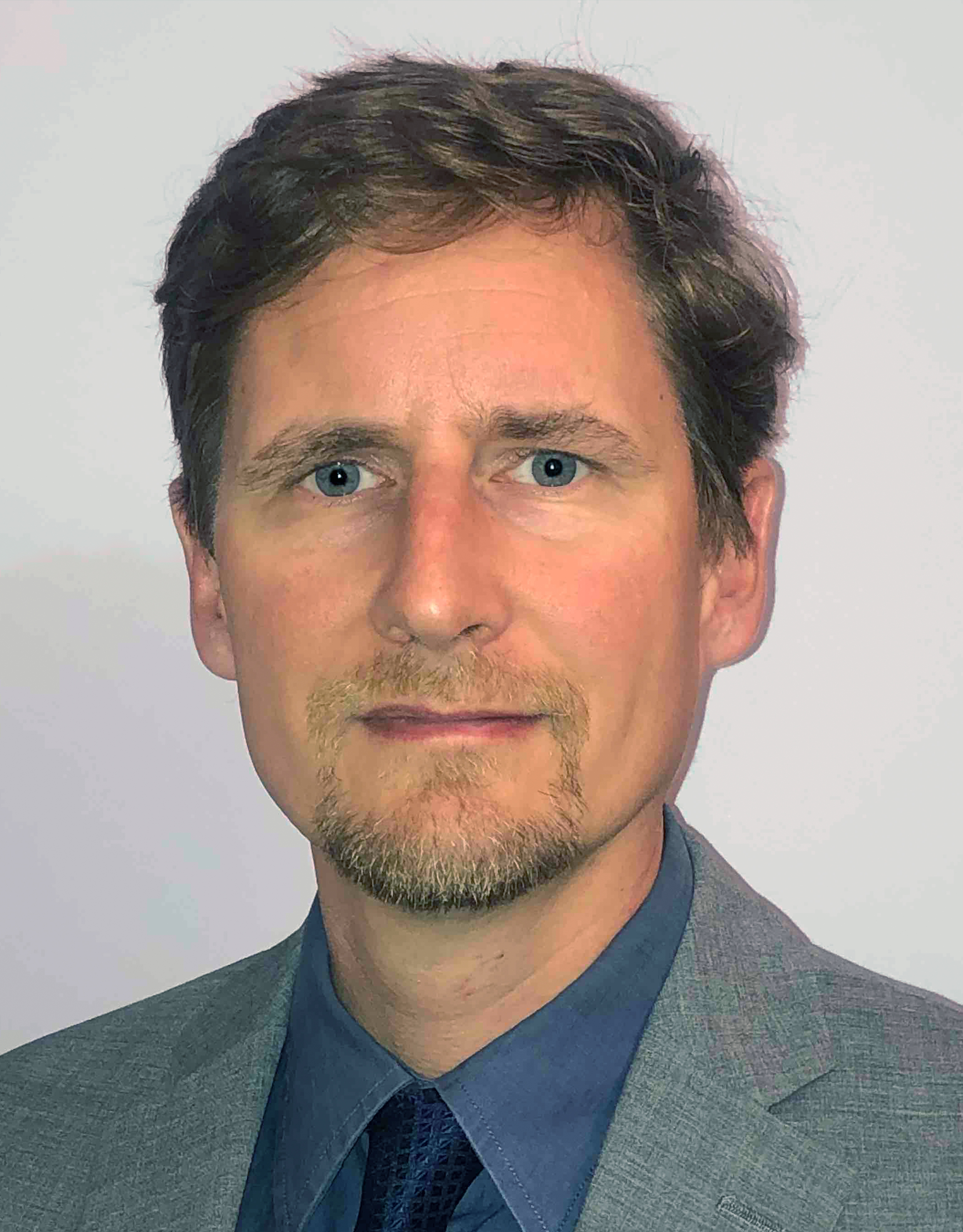 | Prof. Dr. Sauer, Roger A. | |
|---|---|---|
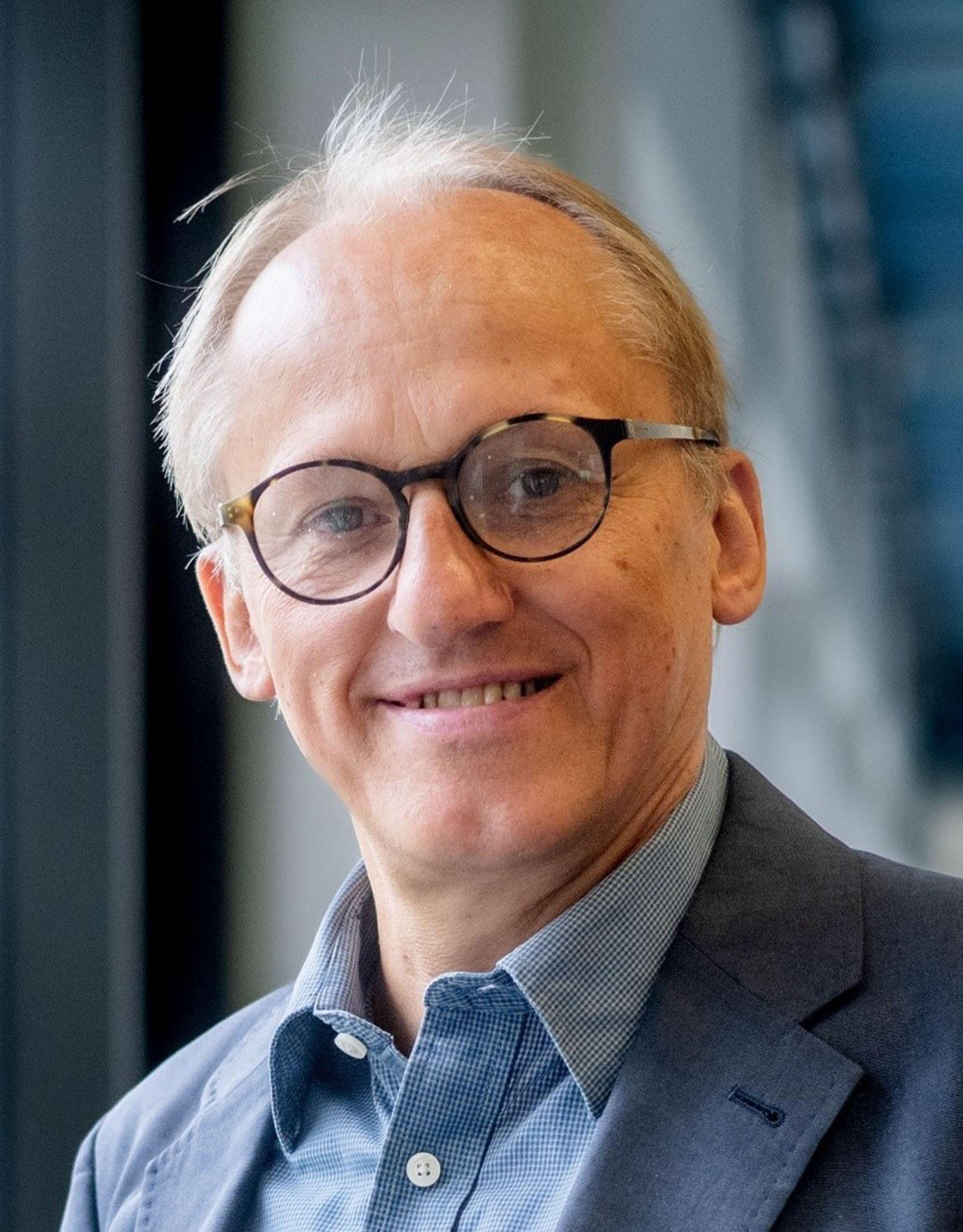 | Prof. Dr. techn. Meschke, Günther | |
 | Dr.-Ing. Neu, Gerrit | |
 | M.Sc. Ahmed, Razhan Shahab | |
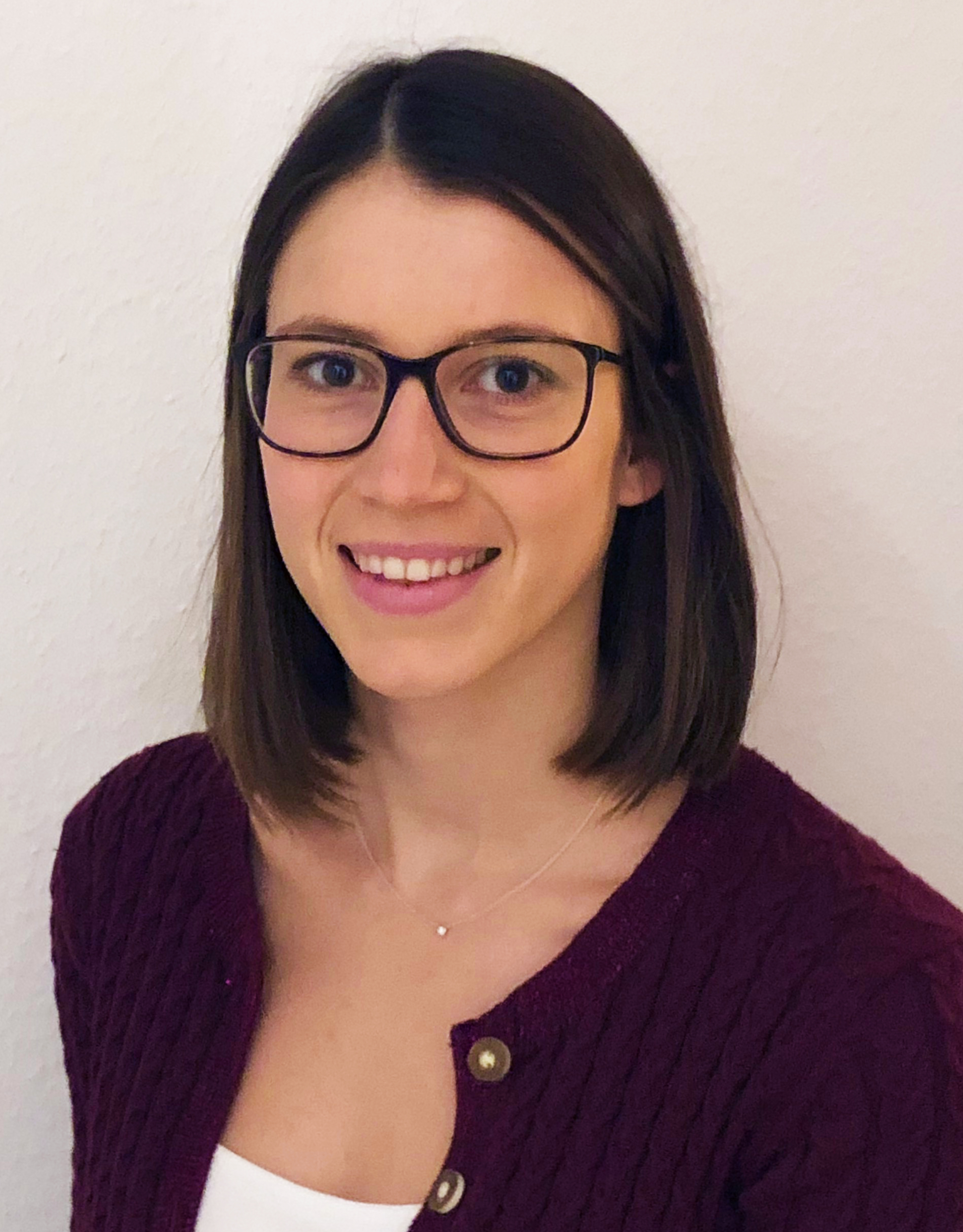 | Dr.-Ing. Schoen, Stefanie | |
 | Dr. Liu, Zhen | |
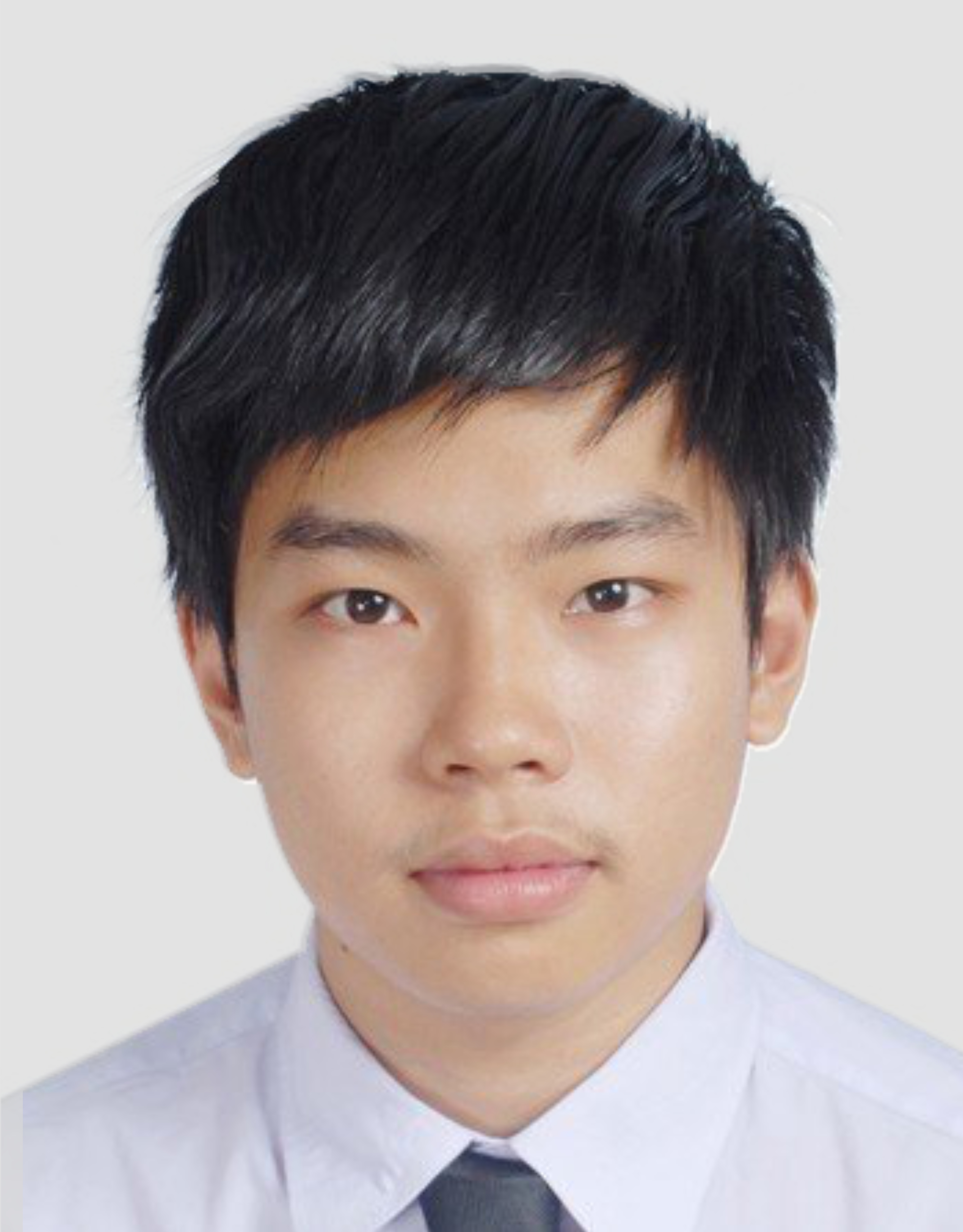 | M.Sc. Quang Thien, Vinh Nguyen | |
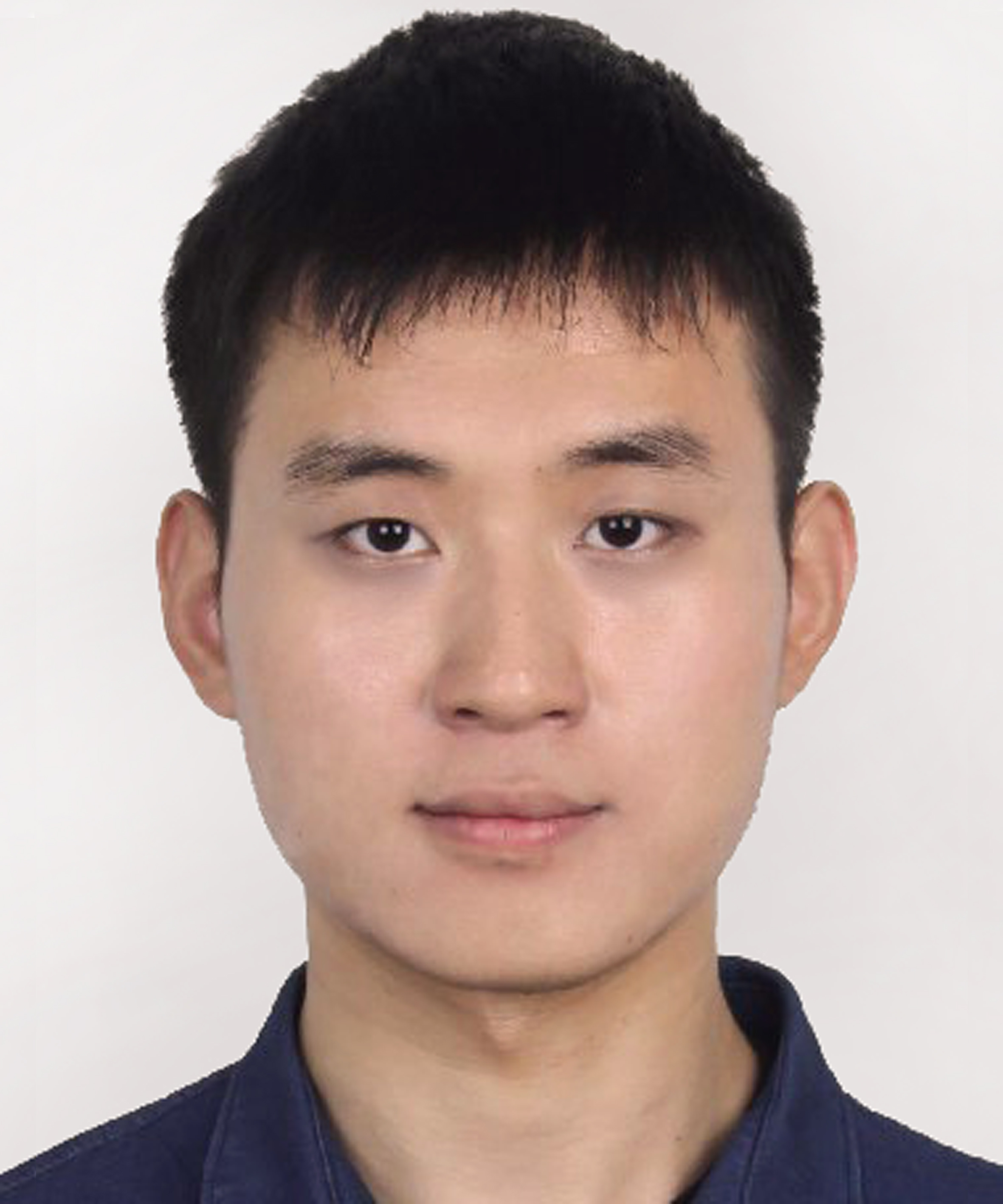 | M.Eng. Xu, Chen |


Accurate and predictive simulations of material and structural behavior greatly reduces the time and costs associated with the development of new materials and aid in the development of suitable technologies for improving their service-life. The behavior of such materials and structures is in general governed by aspects that are relevant at multiple length and time scales.
Goals of our research group is the characterization and design of materials and structures considering features at various length and time scales using mathematical models, scale-bridging methods and computational simulations.
 Simulation methods for modular connections of reused concrete Elements
Simulation methods for modular connections of reused concrete Elements
Subproject A02 of the DFG Collaborative Research Center 1683 "Interaction Methods for the Modular Reuse of Existing Load-Bearing Structures"
SFB 1683 - Subproject A02
 Thermohydraulic spalling mechanisms in concretes with different binders without and with PP fibers exposed to fire: An experimental and numerical analysis
Thermohydraulic spalling mechanisms in concretes with different binders without and with PP fibers exposed to fire: An experimental and numerical analysis
A DFG funded project.
DFG GEPRIS - Project number 491928256
 Scale-bridging Modeling of Microstructural Changes in Concrete and Damage Analysis of Concrete Structures for the Identification of Coda Signals
Scale-bridging Modeling of Microstructural Changes in Concrete and Damage Analysis of Concrete Structures for the Identification of Coda Signals
Subproject RUB1 of the DFG funded project "Concrete Damage Assessment by Coda Waves"
Coda - Subproject RUB1
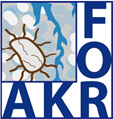 Computational modelling of alkali transport and ASR-induced damage in concrete (finished)
Computational modelling of alkali transport and ASR-induced damage in concrete (finished)
A DFG funded project.
FOR AKR 1498
 Damage analyses and concepts for damage-tolerant tunnel linings (finished)
Damage analyses and concepts for damage-tolerant tunnel linings (finished)
Subproject B2 of the DFG Collaborative Research Center 837 „Interaction Modeling in Mechanized Tunneling“
SFB 837 - Subproject B2
 Simulation of processes at the cutting wheel and in the excavation chamber (finished)
Simulation of processes at the cutting wheel and in the excavation chamber (finished)
Subproject C4 of the DFG Collaborative Research Center 837 „Interaction Modeling in Mechanized Tunneling“
SFB 837 - Subproject C4
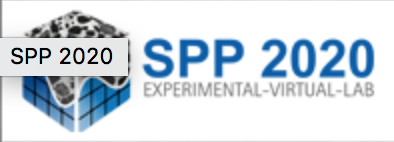 Influence of microfibers on the degradation of high-performance concrete under cyclic loading (finished)
Influence of microfibers on the degradation of high-performance concrete under cyclic loading (finished)
Priority Programme 2020 "Cyclic deterioration of High-Performance Concrete in an Experimental-Virtual Lab" SPP 2020
SPP 2020
 | Prof. Dr. Sauer, Roger A. | |
|---|---|---|
 | Prof. Dr. techn. Meschke, Günther | |
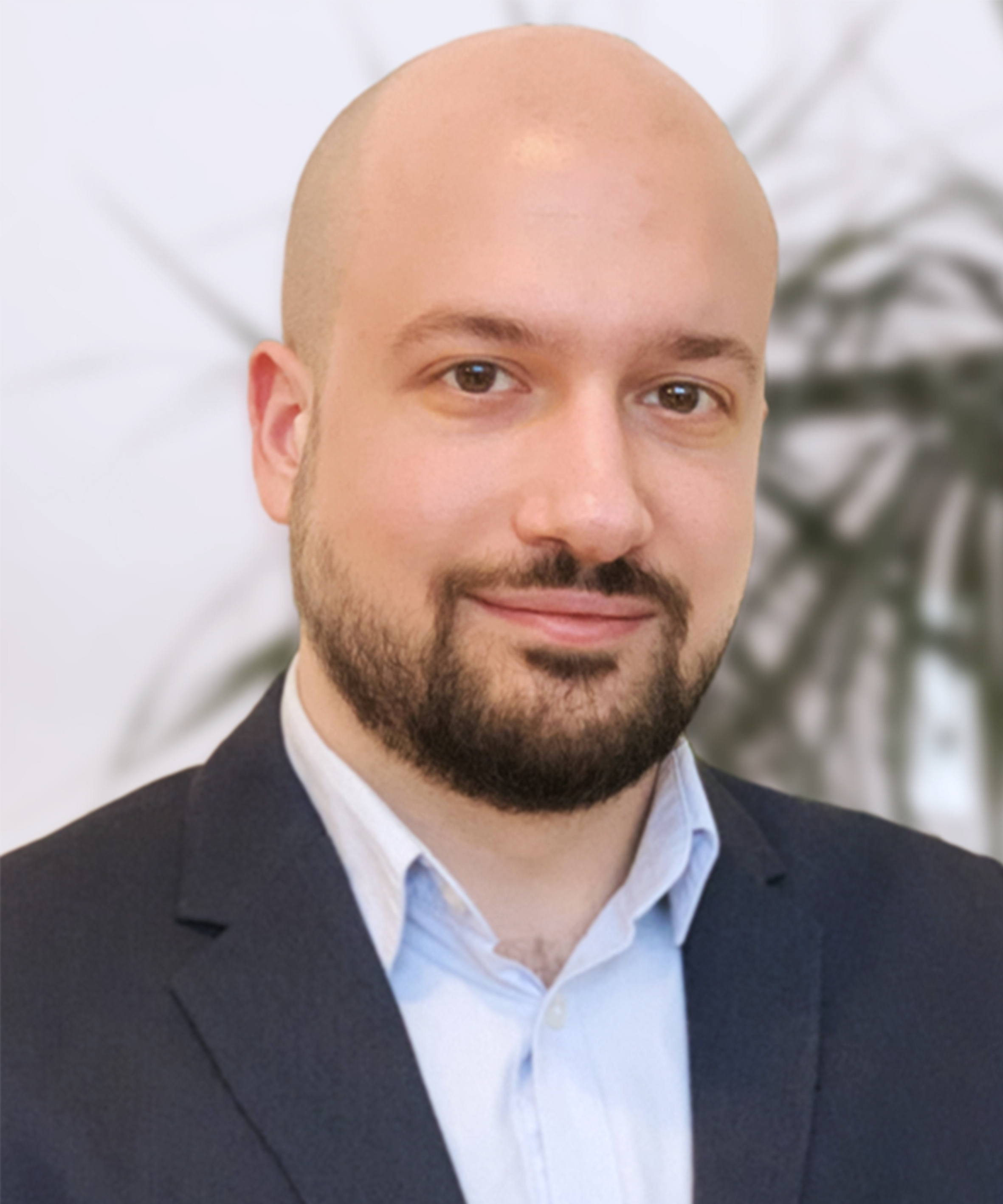 | Dr.-Ing. Gudzulic, Vladislav | |
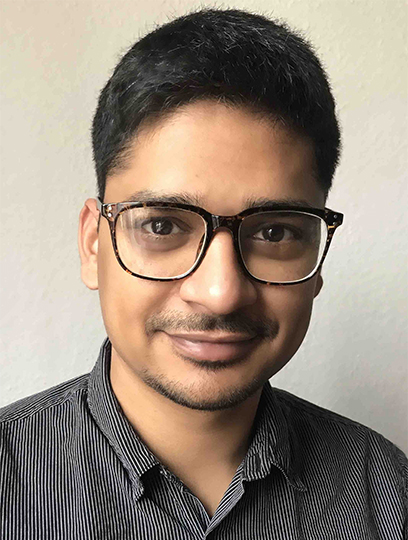 | Dr.-Ing. Butt, Sahir Nawaz | |
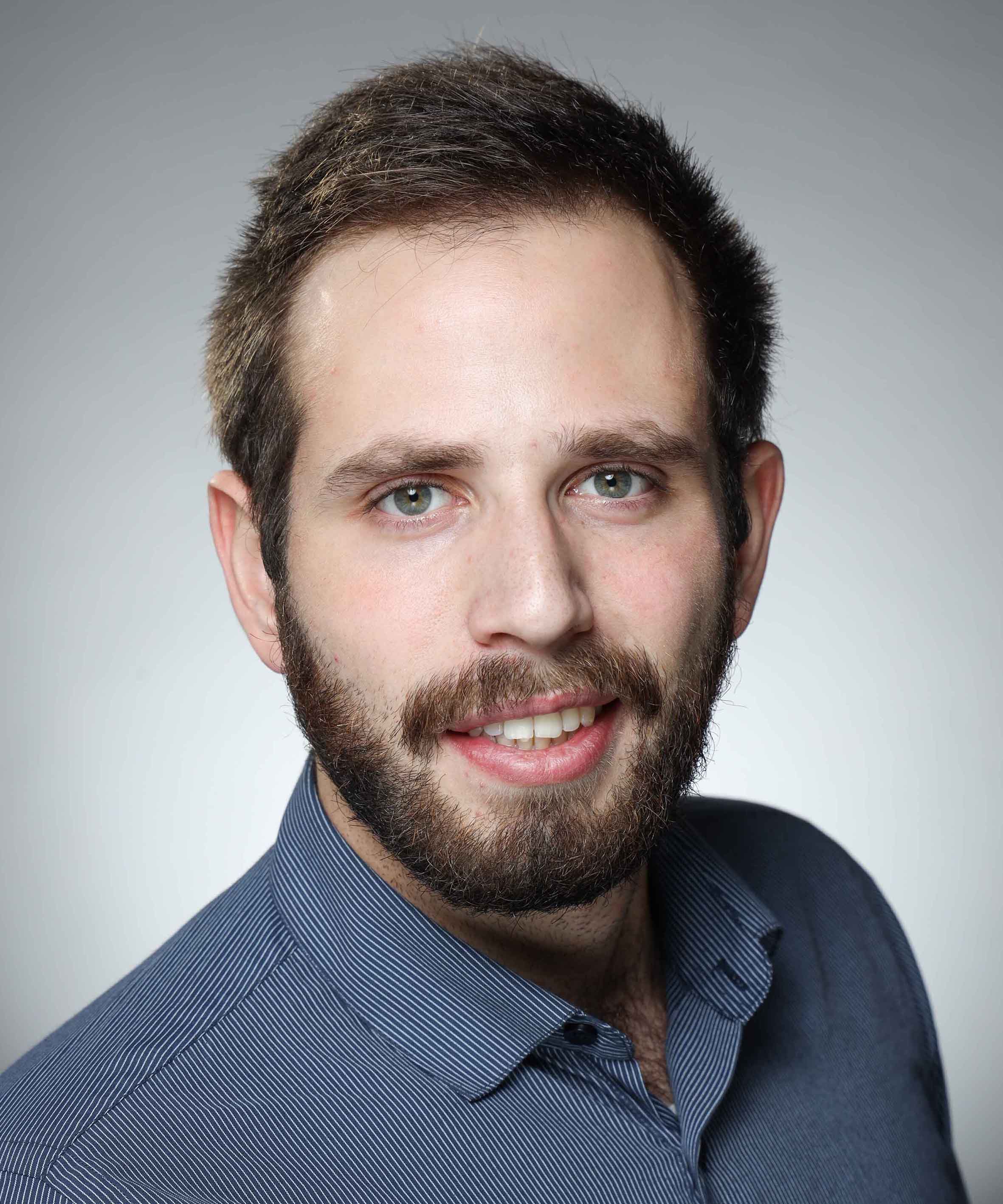 | M.Sc. Daadouch, Koussay | |
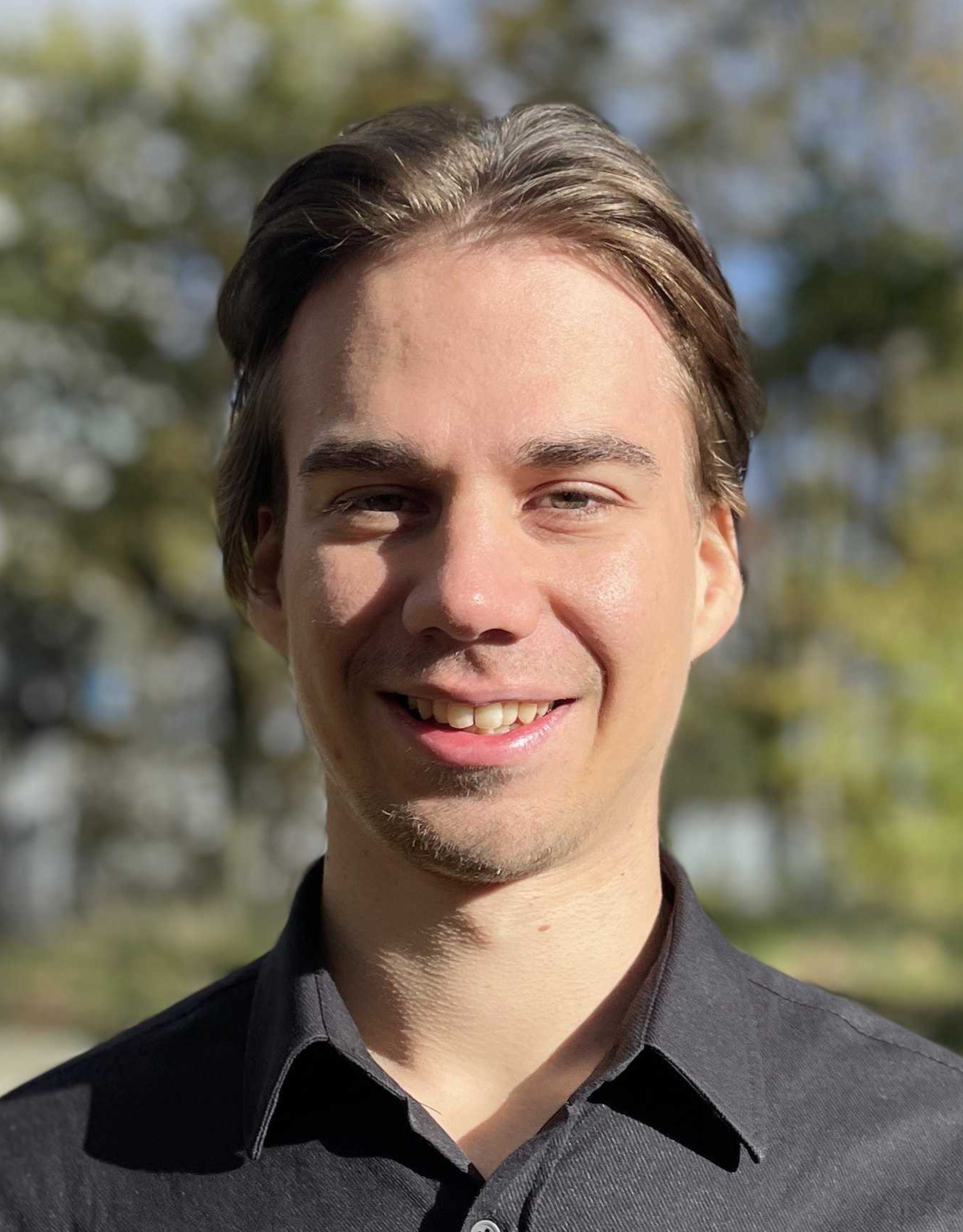 | M.Sc. Fründt, Julius | |
 | M.Sc. Stöttelder, Lennart | |
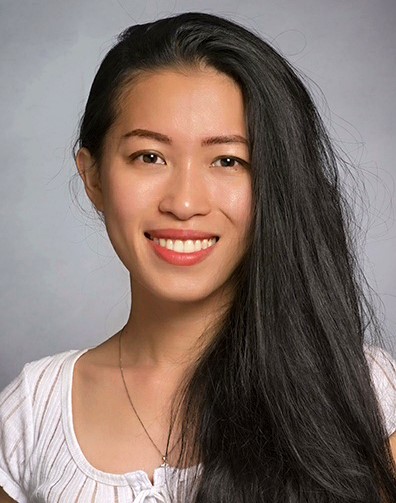 | M.Sc. Vu, Giao | |
 | M.Sc. Yadav, Gourav |
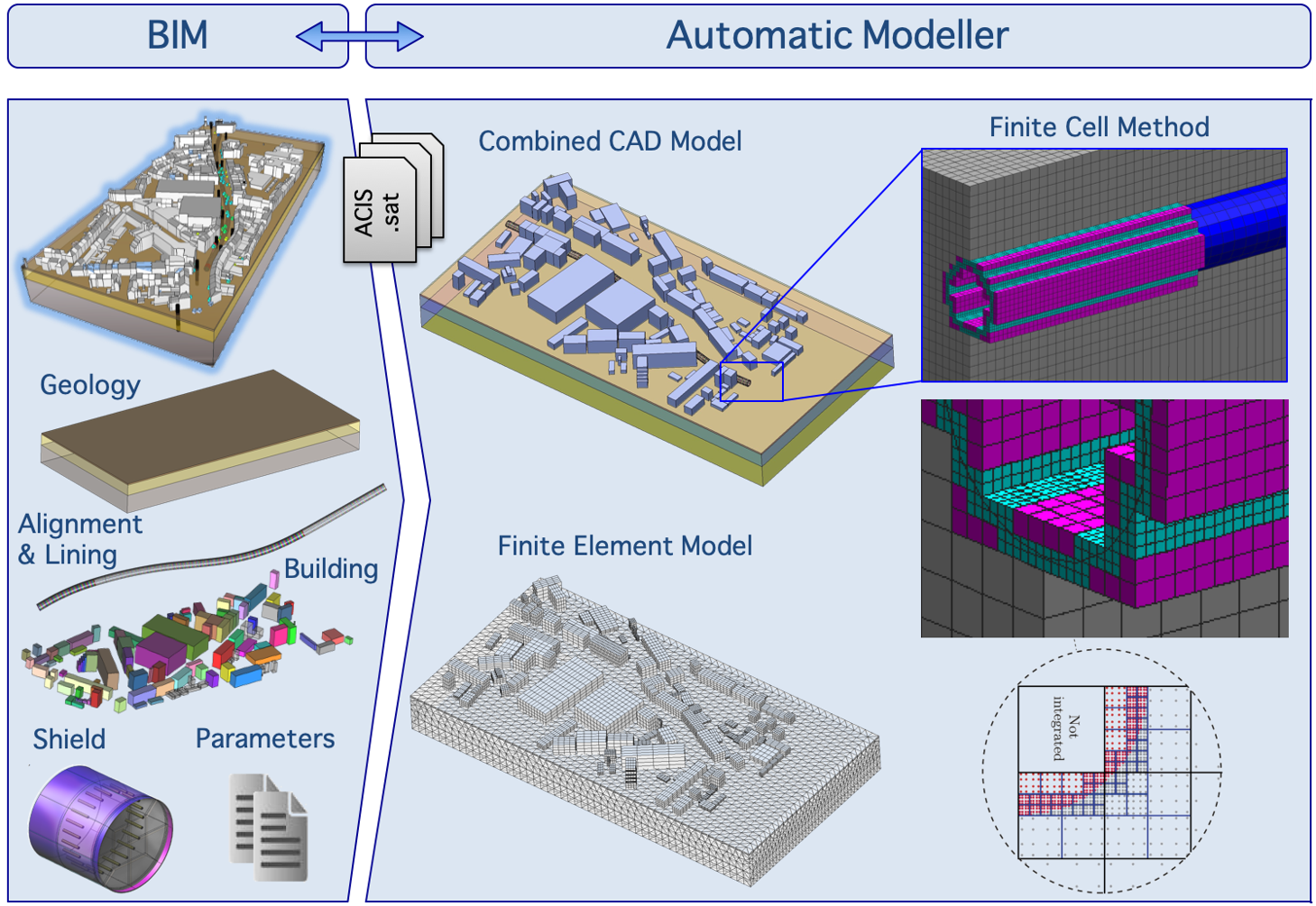
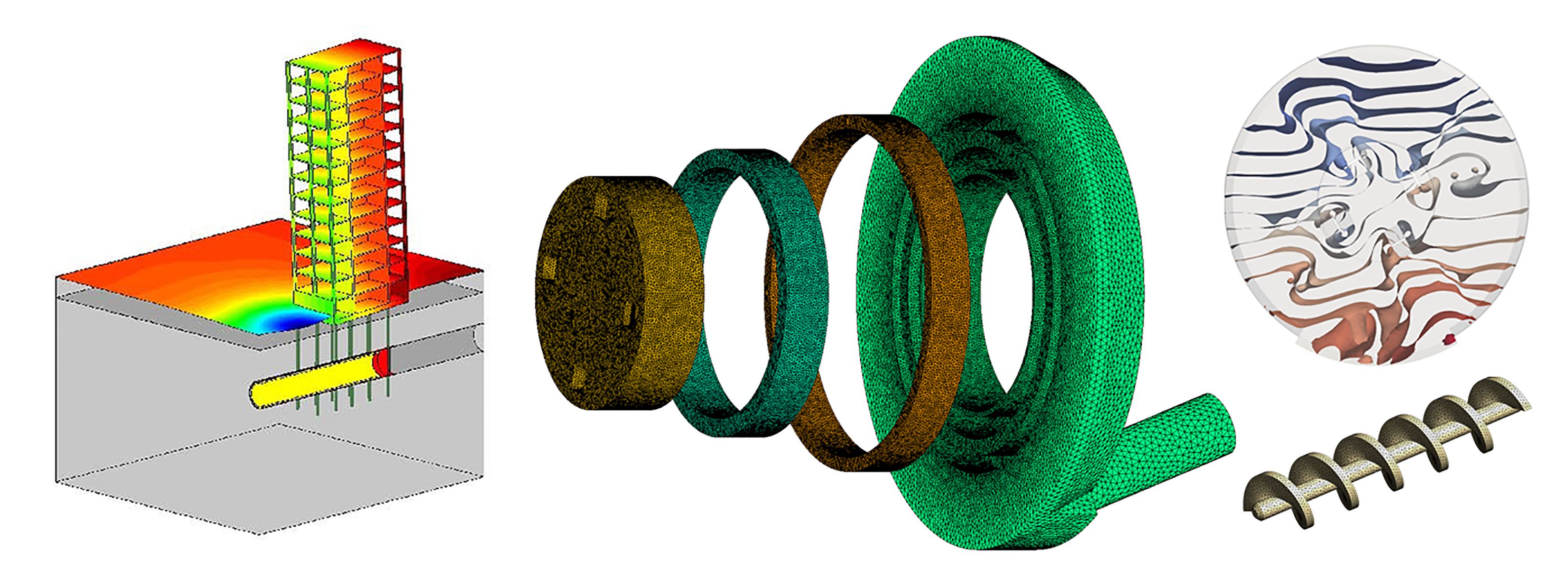
The Research Group on „Computational Modeling in Tunneling and Underground Structures” is concerned with the developments of computational simulation models and numerical techniques for analyzing complex underground structures and processes, in particular in mechanized tunneling. One of the main focuses of this research group is the holistic process oriented numerical modeling of the mechanized tunneling process (ekate). Several advanced numerical methods, e.g. FEM, PFEM, Immersed Boundary (IB) method, Finite Cell Method and Peridynamics, are employed to model the involved physical phenomena in each individual process. With the move toward digitalization and high performance computing, this research group is also concerned with the integration of parallelization strategies and Building Information Modeling (BIM) within the numerical simulations.On the other hand, several computer-aided engineering decision-support strategies have been developed to enable real-time decision-making in subsurface engineering. These strategies incorporate state-of-the-art machine learning techniques, including physics-informed neural networks (PINN) and deep neural operators (DeepONet).
 Simulation and monitoring-based real-time steering in mechanized tunneling Overview
Simulation and monitoring-based real-time steering in mechanized tunneling Overview
Subproject T1 of the DFG Collaborative Research Center 837 „Interaction Modeling in Mechanized Tunneling“
SFB 837 - Subproject T2
 Process-Oriented Simulation Models for Mechanized Tunneling (finished)
Process-Oriented Simulation Models for Mechanized Tunneling (finished)
Subproject C1 of the DFG Collaborative Research Center 837 „Interaction Modeling in Mechanized Tunneling“
SFB 837 - Subproject C1
 Simulation of Processes at the Cutting Wheel and in the Excavation Chamber (finished)
Simulation of Processes at the Cutting Wheel and in the Excavation Chamber (finished)
Subproject C4 of the DFG Collaborative Research Center 837 „Interaction Modeling in Mechanized Tunneling“
SFB 837 - Subproject C4
 | Prof. Dr. Sauer, Roger A. | |
|---|---|---|
 | Prof. Dr. techn. Meschke, Günther | |
 | Dr.-Ing. Cao, Ba Trung | |
 | M.Sc. Nösges, Markus | |
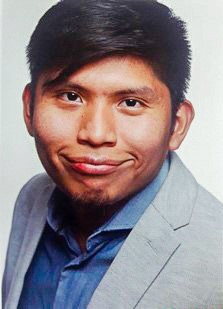 | Dr. Williams Moises, Rodolfo Javier | |
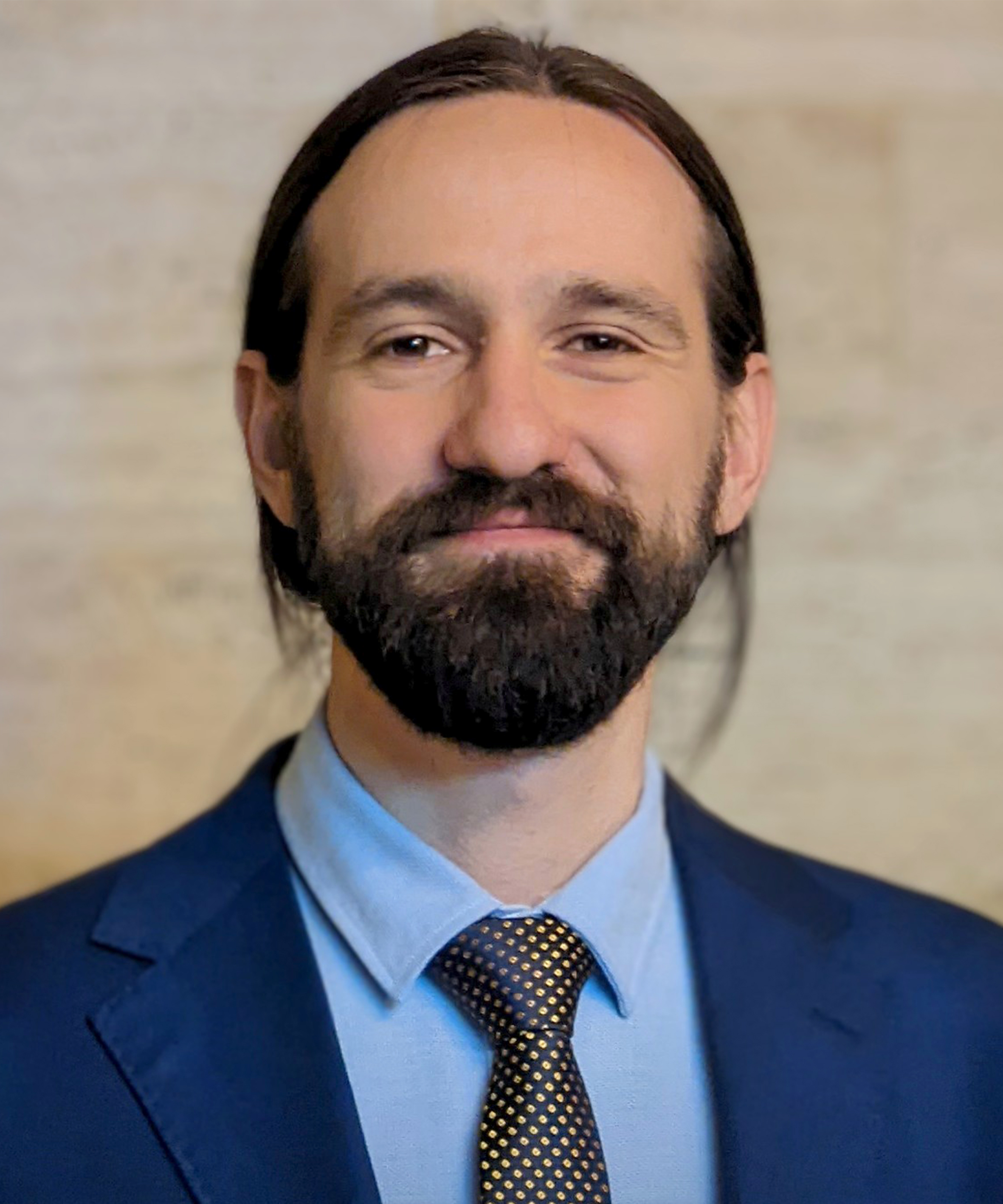 | M.Sc. Zendaki, Yaman |